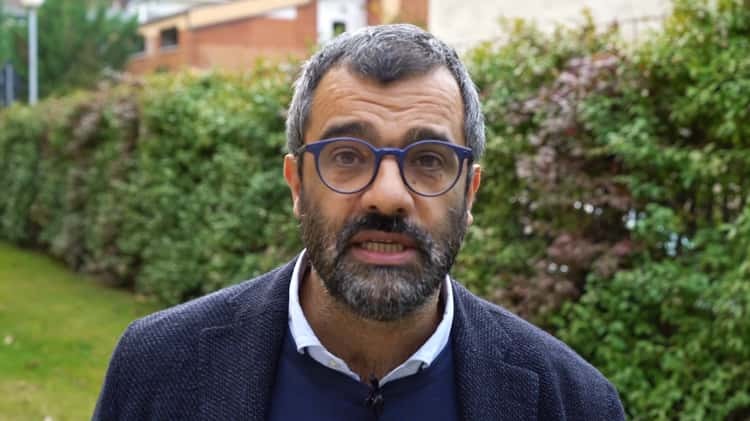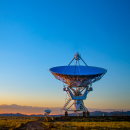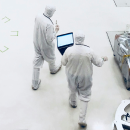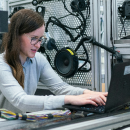
Role of People in a Highly Technological Project
More than 70 people from 5 organizations working in three different territories of the country.
In summary, this is the synergy of human resources and interdisciplinary skills that drive Astra. Here, you can find a substantial group of people who make a difference, beyond the technological peculiarities of the project.
While the development of innovative space technologies inevitably requires sophisticated infrastructures to implement them, the role of people and their skills is crucial. For this reason, some of Astra's milestones concern the recruitment of qualified staff who can contribute to achieving intermediate and final goals.
We are talking about 7 milestones within as many tasks, covering all three work packages of the project. These goals have been completed to date, with the hiring of high-profile personnel from Italy and abroad, essential for the initiation and development of the project.
Fifteen people have been hired specifically for Astra, including 8 post-doc holders, 4 researchers, and 3 technologists. All these professionals have been hired by GSSI, adding to the institute's own staff, as well as other partners, employing between 10 and 15 professionals in Astra. Approximately, this team is composed by 70 people in total who dedicate all or part of their skills and responsibilities to the project.
“Although it may seem almost trivial to say, it is essential to emphasize the importance of the team - says Roberto Aloisio, scientific director of Astra, as well as professor and director of the Astroparticle Physics Area of GSSI - human contribution to research activities, including applied research, represents the true added value”.
For this reason, the personnel dedicated to Astra are crucial: “Creating specific research teams with precise focus allows to hire ad hoc figures - adds the GSSI professor - this creates a peculiar professional expertise, which then becomes fundamental for achieving the project’s goals”.
This also applies to groups working remotely, as in this case. In L'Aquila are based those contracted by GSSI and the private partner Thales Alenia. Beyond Gran Sasso d’Italia, also located in Abruzzo, there is the Abruzzo Astronomical Observatory, which is part of the National Institute of Astrophysics (INAF).Then there are the human resources activated for Astra in Umbria (linked with the University of Perugia) and in the province of Trento, at the Bruno Kessler Foundation. This is a networked system, an aspect that is in line with the spirit of all the spokes of the Vitality ecosystem.
All the 15 professionals hired to contribute to Astra were selected through public competitions based on titles and interviews: “We received applications from various parts of the world,” says Roberto Aloisio “As an example, Professor Herman Lima Pessoa, moved from Brazil to Abruzzo with his family. The skills that our staff has are very rare; he, for instance, is making an excellent contribution to the design and optimization of electronic subsystems”. These are also professional paths that involve significant life choices, like those of Professor Pessoa We will discuss these aspects in future insights.
The internationalization of research represents a potential asset for everyone because having the opportunity to attract human resources from abroad increases the quality of the people working on the project.
But it is not always possible to find the right figures: “The Italian National Plan of Recovery and Resilience (PNRR) has produced an enormous availability of highly specialized positions - highlights the scientific director of Astra - just think of Vitality, which has 10 spokes coordinated by 9 different universities. This is obviously an opportunity but it can become a problem: because sometimes calls for applications receive little response. Fortunately, even aside from Astra, GSSI has an international projection, so we are experiencing these issues less than others”.
In highly technological projects, another risk is represented by a potential lack of attention to human aspects. Aloisio seems to avert this: “I have found many enthusiastic people. This is a quality I consider essential because to do this work you need enthusiasm and a love for knowledge”.
Astra is not only a cold technology and design project for space. It is made up by dozens of men and women who work closely together every day in a network that generates results and innovation and contributes to the technological and cultural development of the country.



